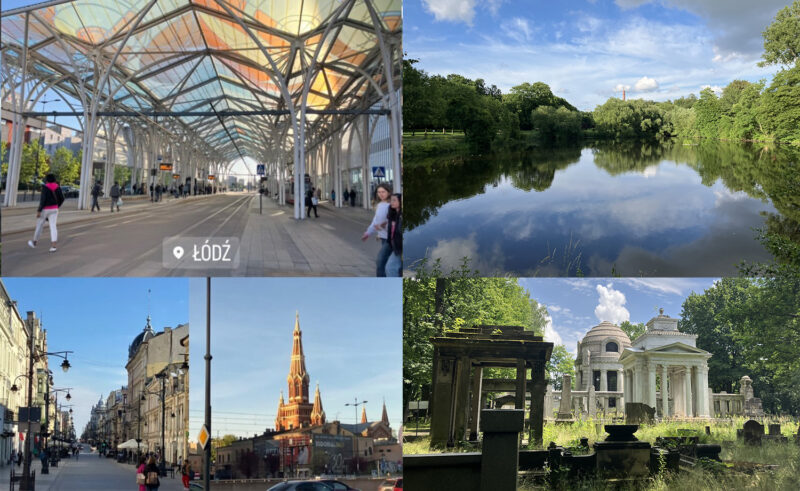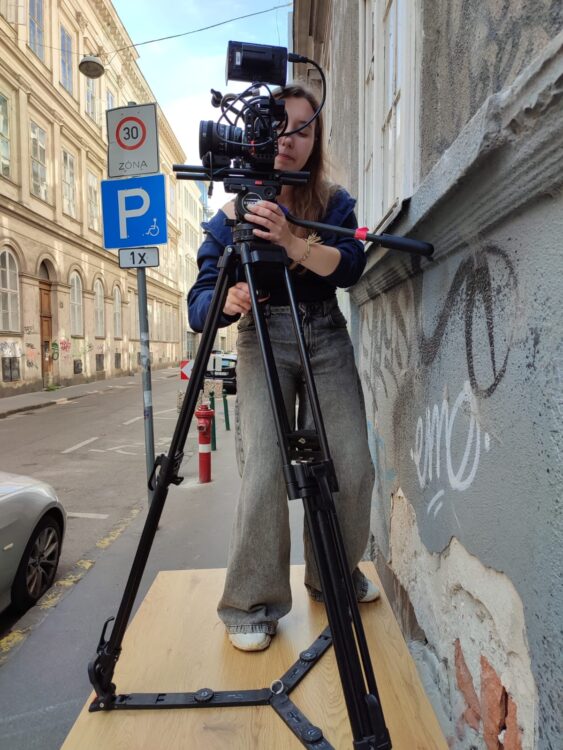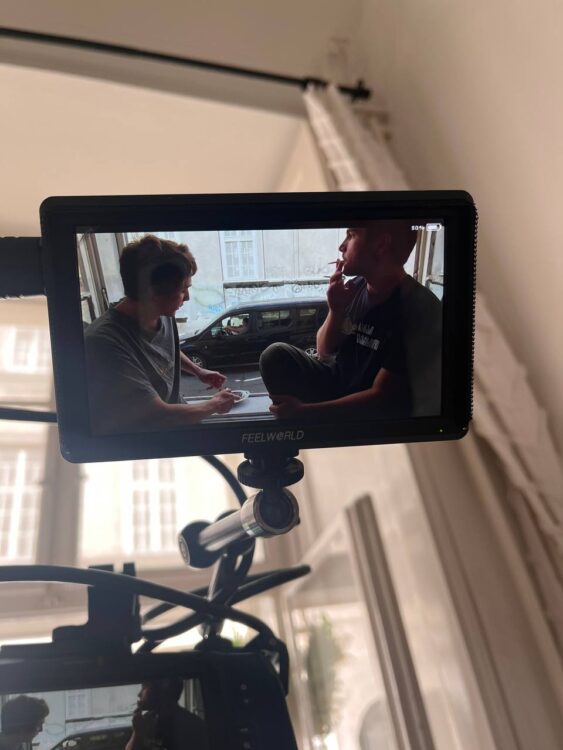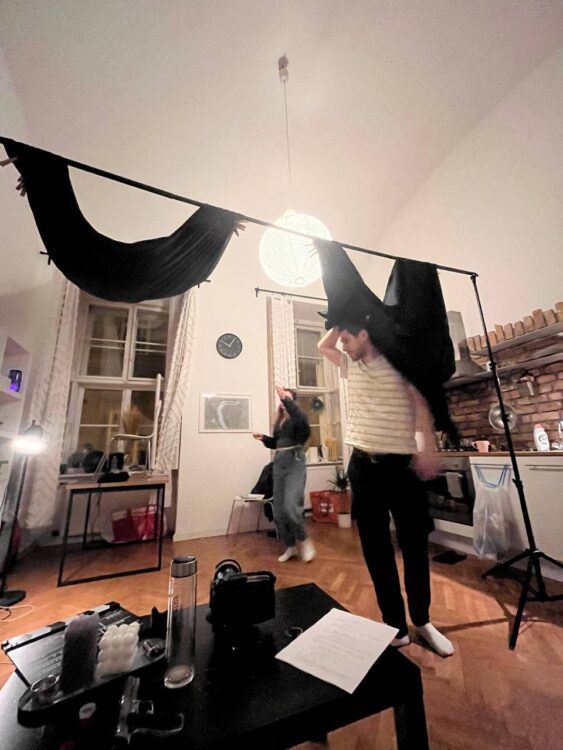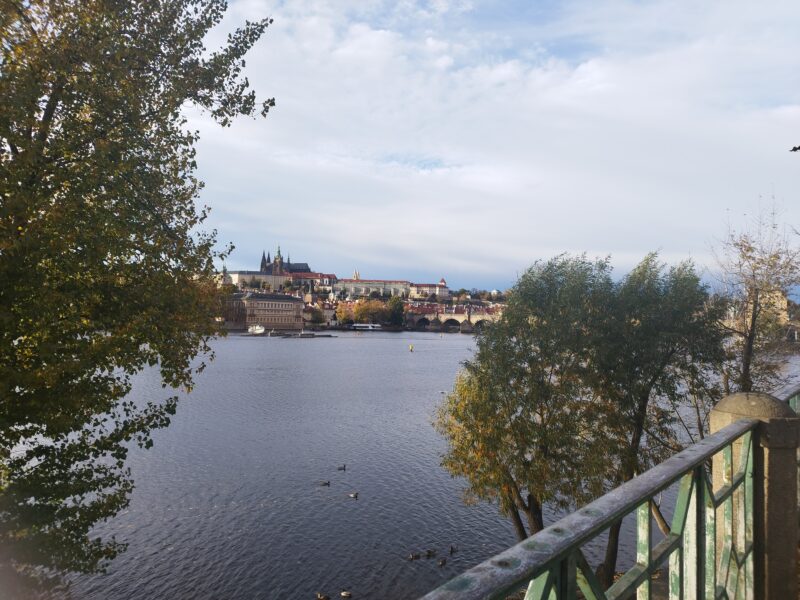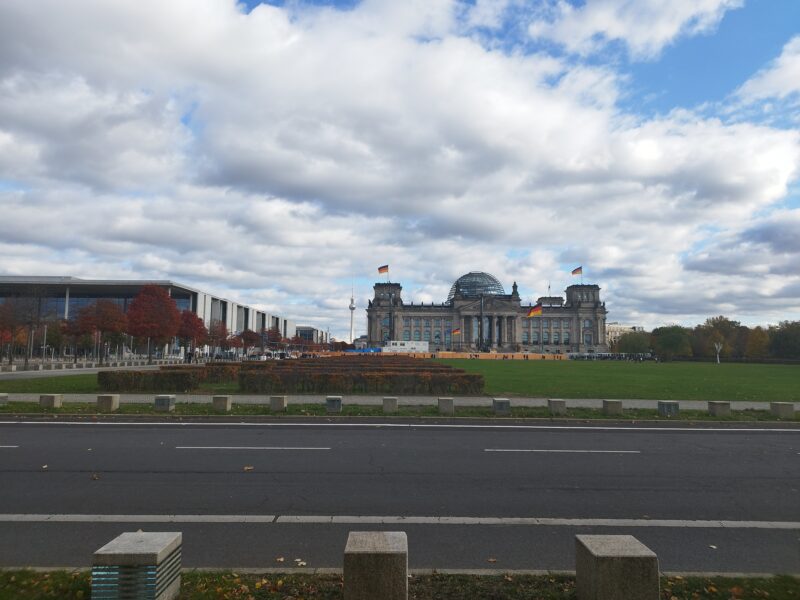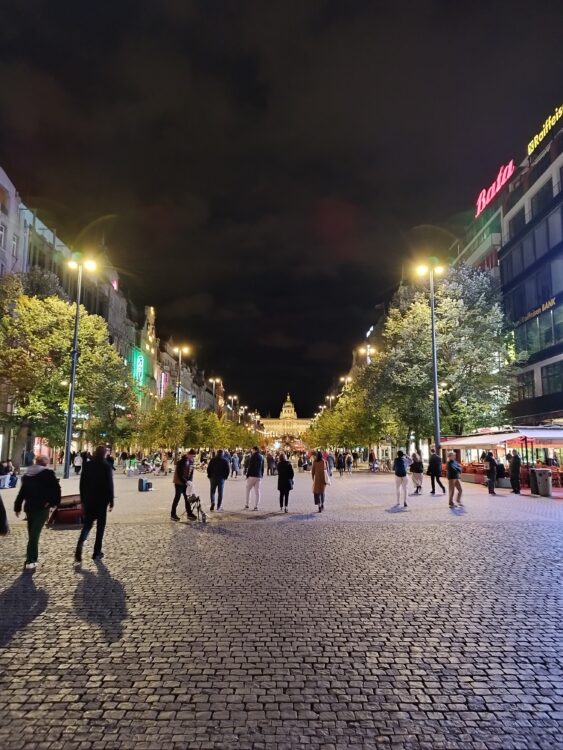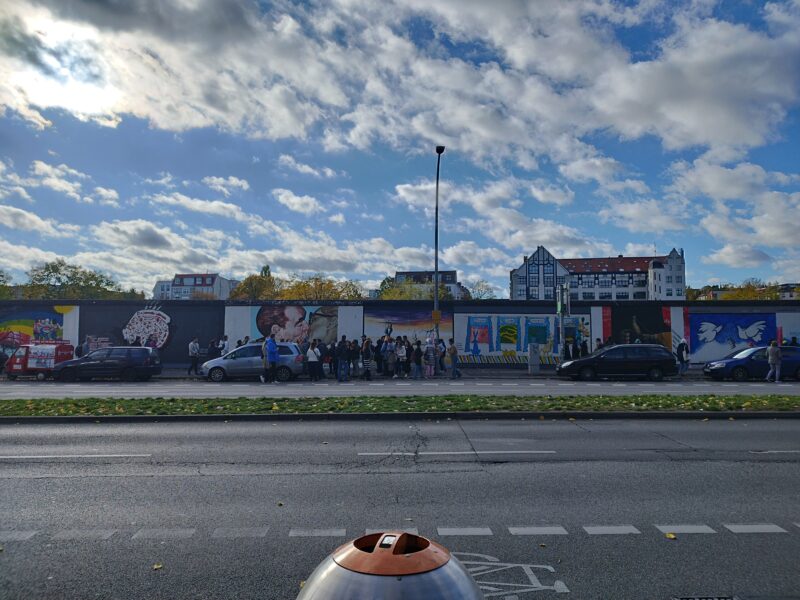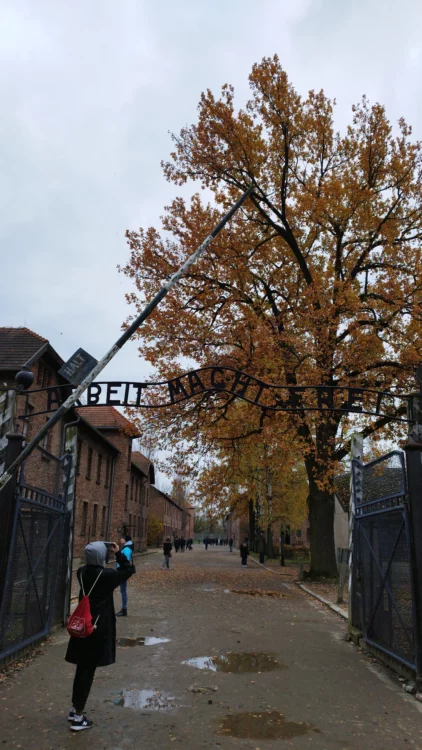From the 30th of June until the 5th of July I was a part of a summer school programme at ERAM University school in Girona, Spain – Illustrating Stories from Head to Tail.
Despite illustrating and drawing not being my primary field of study, my deep interest in graphic design made me eager and curious to expand my skills. That’s why I decided to take part in this intense 5-day programme in Girona to see if I am capable of creating an illustrated work in such a short time frame. Thanks for the mentor and an international group of participants, the workshop appeared to be really helpful and made me realise that I can work in this field as well, if I put enough effort to develop my skills in drawing.
Upon arrival, I was immediately struck by the beauty of Girona. Its medieval architecture, winding cobblestone streets, and vibrant culture set a perfect backdrop for creativity. The program at ERAM University was really short and intense. Each day was packed with activities, and hands-on practice sessions, all led by experienced mentors in the field of illustration. The instructors were not only knowledgeable but also incredibly supportive, encouraging us to push our creative boundaries. One day we also went to see Barcelona and the design museum there, which was a nice addition to the programme itself and a day to get the inspiration from another beautiful city.
Throughout the five days, we were tasked with developing a complete illustrated story to present it in a hand-made book prototype. It could be anything, but one of the tasks was to make it interactive. The process was challenging but rewarding. From brainstorming ideas and creating rough sketches to refining our illustrations and the books and adding final touches and cutting up the edges of the book, each step was a learning curve. I discovered that storytelling through illustrations requires a delicate balance of creativity, technical skill, and an understanding of narrative flow.
By the end of the program, I had completed my illustrated story book about anxiety, a personal achievement that boosted my confidence in my artistic abilities, especially knowing that I came to the workshop without much experience in illustrating. The final day was dedicated to showcasing our work. It was really exciting to see the diverse range of stories and styles presented by my other participants, each piece reflecting the artist’s journey over the five days.
Participating in the “Illustrating Stories from Head to Tail” program was a profound experience that significantly impacted my approach to graphic design and storytelling. I returned home with new skills, fresh inspiration, and the will to finish up the prototype of the book and print it in a professional store.
For anyone considering an Erasmus+ program, I highly recommend stepping out of your comfort zone and exploring new specialties. This experience in Girona taught me that sometimes, the most rewarding adventures lie in the unfamiliar.
